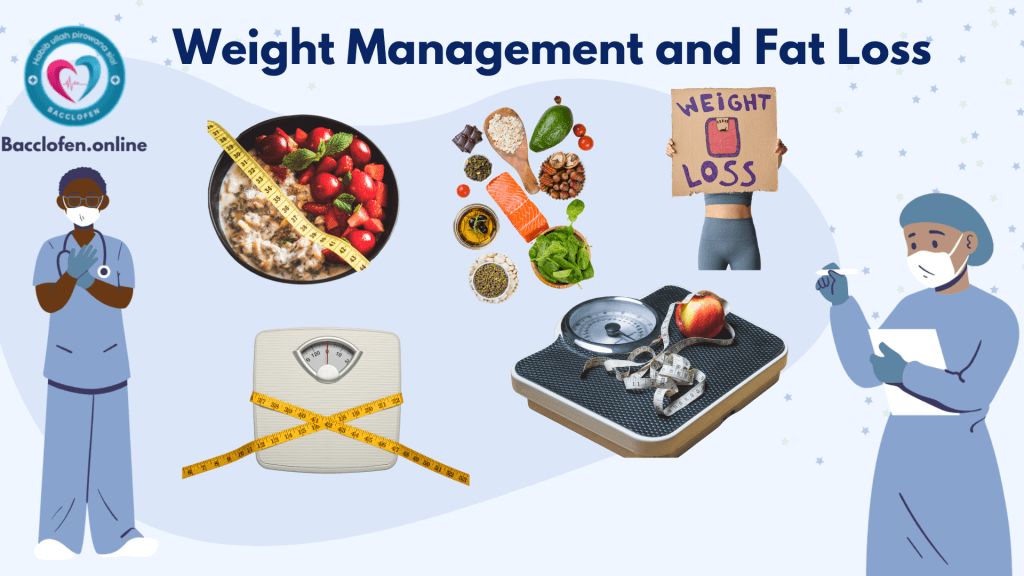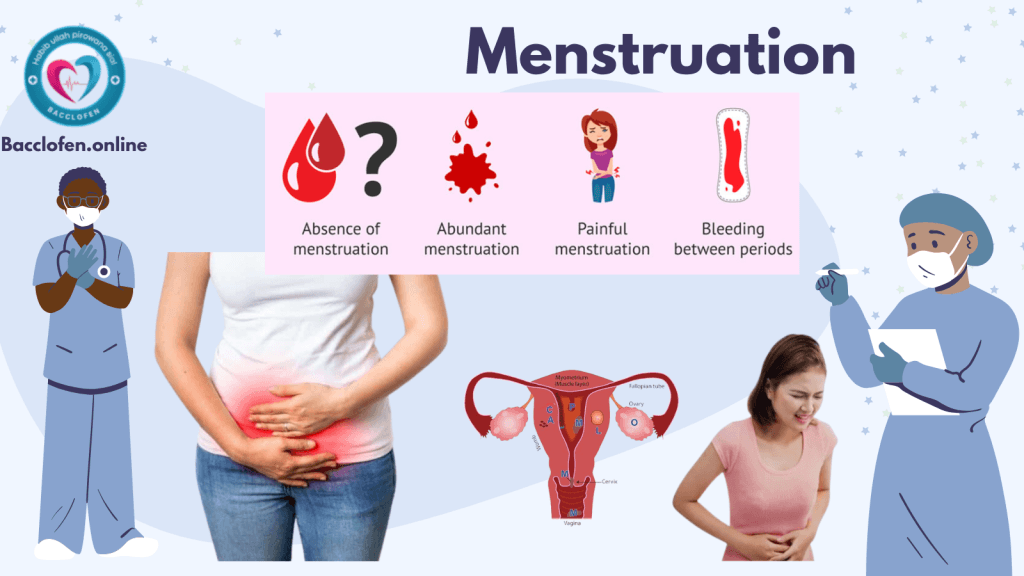Weight management and fat loss are fundamental components of achieving and maintaining overall health. While the idea of losing weight often centers on aesthetics, its importance goes beyond appearances. Proper weight management reduces the risk of chronic diseases, enhances energy levels, improves mental health, and promotes longevity. The key to success lies in adopting sustainable, science-backed strategies that prioritize health over short-term results.
This guide provides an in-depth exploration of effective approaches to weight management and fat loss, including dietary adjustments, exercise routines, behavioral strategies, and overcoming challenges.
Understanding Weight Management and Fat Loss
The Science Behind Weight Regulation
At its core, weight management is about balancing caloric intake and expenditure.
- Calories Consumed: The energy derived from food and beverages.
- Calories Expended: Energy used for basal metabolic functions, physical activity, and digestion.
Achieving fat loss requires a caloric deficit, where calorie expenditure exceeds calorie intake. However, sustainable weight loss is more nuanced, emphasizing nutrient-dense foods, physical activity, and behavioral consistency over mere calorie counting.
Fat Loss vs. Weight Loss
Weight loss refers to a reduction in overall body weight, which may include muscle, fat, and water. Fat loss specifically targets adipose tissue while preserving muscle mass. The goal should always be fat loss, as it improves metabolic health, body composition, and long-term functionality.

Foundations of a Healthy Diet
Nutrition forms the cornerstone of weight management. A healthy diet should prioritize nutrient-dense foods while limiting processed items and empty calories.
1. Balanced Macronutrient Intake
- Proteins: Essential for muscle repair and satiety. Sources include lean meats, fish, eggs, beans, and tofu.
- Carbohydrates: Provide energy for daily activities. Prioritize complex carbs like whole grains, fruits, and vegetables.
- Fats: Necessary for hormone production and brain health. Opt for healthy fats from avocados, nuts, seeds, and fatty fish.
2. Importance of Fiber and Hydration
- Fiber: Promotes digestion and helps control hunger by slowing digestion. Sources include fruits, vegetables, legumes, and whole grains.
- Water: Staying hydrated supports metabolism, aids digestion, and prevents mistaking thirst for hunger. Aim for 3–4 liters of water daily.
3. Portion Control
Eating appropriate portions prevents overeating and helps maintain a caloric deficit. Use smaller plates, measure servings, and practice mindful eating to better understand hunger and fullness cues.
The Role of Physical Activity in Fat Loss
Exercise complements a healthy diet by increasing energy expenditure, preserving muscle mass, and enhancing overall fitness.
1. Cardiovascular Exercise
Cardio activities such as running, cycling, or swimming burn calories and improve heart health.
- Aim for at least 150 minutes of moderate-intensity cardio or 75 minutes of high-intensity cardio per week.
- Activities like brisk walking or jogging can be effective for beginners.
2. Resistance Training
Strength training builds and preserves muscle mass, which is critical for maintaining a healthy metabolism during fat loss.
- Incorporate exercises like weightlifting, push-ups, and squats 2–3 times a week.
- Focus on compound movements for efficiency and improved functionality.
3. Non-Exercise Activity Thermogenesis (NEAT)
NEAT includes everyday activities like walking, cleaning, or gardening. These small movements collectively contribute significantly to daily calorie burn.
Strategies for Sustainable Fat Loss
1. Creating a Caloric Deficit
A moderate caloric deficit of 300–500 calories per day is sustainable and minimizes muscle loss. Use tools or apps to track intake and ensure proper nutrient balance.
2. Smart Meal Timing
Distributing meals evenly throughout the day can help stabilize blood sugar levels and prevent overeating.
- Avoid skipping breakfast, as it jumpstarts metabolism.
- Reduce late-night eating, which can disrupt digestion and increase fat storage.
3. Reducing Liquid Calories
Beverages like sodas, alcohol, and sugary coffees can add unnecessary calories. Replace them with water, herbal teas, or black coffee.
4. Prioritizing Whole, Unprocessed Foods
Choose natural, minimally processed foods to ensure adequate nutrient intake while avoiding excess calories, sodium, and unhealthy additives.
5. Planning and Meal Prepping
Prepare meals in advance to avoid unhealthy choices during busy periods. Prepping ensures access to balanced, portion-controlled meals.
Addressing Behavioral and Emotional Aspects
Behavioral strategies are essential for long-term weight management. They help individuals overcome emotional eating and adhere to their goals.
1. Mindful Eating
Mindful eating involves paying attention to the sensory experience of eating, recognizing hunger and satiety cues, and avoiding distractions during meals. This practice reduces overeating and improves the overall relationship with food.
2. Setting Realistic Goals
Unrealistic expectations can lead to frustration and abandonment of healthy habits. Focus on achievable, measurable goals that align with long-term health.
3. Managing Emotional Eating
Stress, boredom, or emotional distress can trigger overeating. Identifying triggers and finding alternative coping mechanisms, such as exercise or journaling, can help manage emotional eating.
4. Tracking Progress Beyond the Scale
Weight is not the only measure of success. Consider tracking improvements in strength, endurance, energy levels, or how clothes fit.
Common Challenges and How to Overcome Them
Plateaus
Weight loss plateaus occur when the body adapts to changes in diet or activity.
- Reassess calorie intake and adjust accordingly.
- Introduce new exercises to challenge muscles and boost metabolism.
Hunger and Cravings
- Combat hunger with high-fiber and high-protein meals.
- Distract yourself with activities or hobbies when cravings strike.
Time Constraints
Busy schedules can make healthy eating and exercise difficult.
- Opt for quick, nutritious meals like salads, wraps, or smoothies.
- Incorporate short, high-intensity workouts into your routine.

Special Considerations for Different Groups
Men
- Focus on protein intake and strength training to preserve muscle mass and support testosterone levels.
- Incorporate zinc-rich foods like shellfish and seeds to optimize hormonal health.
Women
- Address hormonal fluctuations that may affect hunger, energy, and weight.
- Include calcium and iron-rich foods to meet unique nutritional needs.
Older Adults
- Prioritize nutrient-dense, low-calorie foods to combat age-related metabolic changes.
- Include exercises to improve balance, bone health, and muscle strength.
The Role of Supplements
Supplements can complement a balanced diet but should not replace whole foods.
- Protein Powders: Useful for meeting protein needs, especially for active individuals.
- Omega-3 Fatty Acids: Support heart health and reduce inflammation.
- Multivitamins: Address minor deficiencies.
Consult a healthcare provider before introducing new supplements to ensure safety and necessity.
Integrating Fat Loss into a Healthy Lifestyle
Weight management is not an isolated goal; it should be part of a broader lifestyle that prioritizes overall health and well-being.
1. Consistency Over Perfection
Small, consistent changes are more effective than drastic measures. Focus on building habits that are easy to maintain.
2. Balancing Physical and Mental Health
A healthy lifestyle encompasses more than physical activity and diet. Adequate sleep, stress management, and positive relationships contribute to overall health.
3. Long-Term Perspective
Fat loss is a journey, not a race. Celebrate progress, learn from setbacks, and stay committed to long-term health.
Conclusion
Effective weight management and fat loss are about creating sustainable habits that support overall well-being. By combining a balanced diet, regular physical activity, and behavioral strategies, individuals can achieve lasting results. Emphasizing gradual progress over quick fixes ensures not only fat loss but also improved health, energy, and quality of life. With patience, persistence, and the right mindset, anyone can master the art of weight management and embrace a healthier future.


